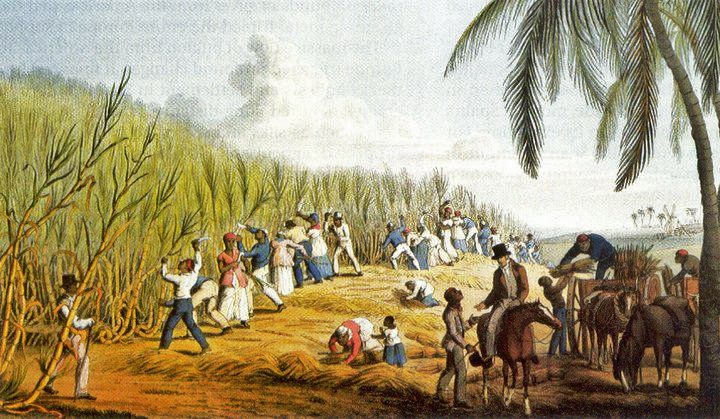The Sugar Act of 1764 was a trade act tax law passed by the British Parliament. This act imposed taxes on refined sugar and other goods imported to the American colonies, as part of the salutary neglect policy towards colonialism. It was an effort to raise revenue in America and benefit the British plantations. Samuel Adams, a prominent colonial leader, wrote articles and letters protesting it. This act caused outrage among colonists who believed they should have representation before being taxed.
Samuel Adams and Paul Revere played a significant part in protesting against the Stamp Act crisis, a new tax law imposed on colonial America. Samuel Adams wrote articles and letters expressing his opposition to its passage, while Paul Revere used his artistic skills to create engravings that depicted the unjust taxation policy. Their efforts helped galvanize support against this policy, which was spearheaded by William, a British politician.
Historical Context: Predecessors to the Sugar Act – The Molasses Act and Salutary Neglect
Salutary Neglect and the Molasses Act
During the early years of colonialism, Britain implemented a policy known as salutary neglect, which allowed colonial merchants in the American colonies to trade with foreign countries and import foreign molasses without much interference. This policy was implemented due to Britain’s focus on other matters such as wars, and it allowed the colonies to flourish economically under the mercantile system. However, this period of lax enforcement led to widespread smuggling and disregard for British trade laws, which went against the principles of mercantilism.
One such law was the Navigation Acts, a series of laws passed by Britain to regulate colonial trade and limit competition with British merchants under the mercantile system. The Navigation Acts were often ignored during the period of salutary neglect because there was little enforcement, but they were still a significant aspect of colonialism. The acts were particularly relevant to plantations, as they regulated the import and export of goods from these agricultural settlements. However, in 1733, Britain attempted to enforce these laws by passing the Molasses Act. The act imposed high taxes on foreign molasses imported into the colonies in an attempt to limit competition with British sugar producers and to uphold mercantilism.
The Molasses Act proved largely ineffective as it did not stop colonial merchants from importing cheaper foreign molasses into the plantations of colonial America. In fact, it led to even more smuggling as colonists sought ways around the high taxes due to salutary neglect. The act also sparked resentment among colonists who saw it as a violation of their economic freedom.
The Sugar Act and its Impact

By 1764, Britain’s economy was suffering due to the costly war with France. In an attempt to improve their financial situation, British policy makers passed the Sugar Act of 1764. This act lowered taxes on molasses for colonial merchants, but increased enforcement measures and penalties for smuggling, which were enforced by British customs officials. The act affected many plantations and was seen as yet another violation of the colonists’ rights as free subjects.
The Sugar Act required that all foreign molasses be taxed at six pence per gallon when imported into any British colony in North America or mainland America, including the plantations in the New England colonies. This tax was a significant blow to the triangular trade, which relied heavily on the import and export of molasses. The stricter enforcement measures against smugglers also affected the salutary neglect policy towards the colonies, as they were now subject to trials without juries in vice-admiralty courts rather than colonial courts.
The Sugar Act had significant implications for both Britain’s policies and its American colonies’ plantations. Colonial merchants felt that their economic freedom was being threatened, which led to increased tensions between the two. This act ended the period of salutary neglect and sparked a wave of protests and resistance, eventually leading to the American Revolution.
Grenville’s Proposed Duties and their Impact on Colonists
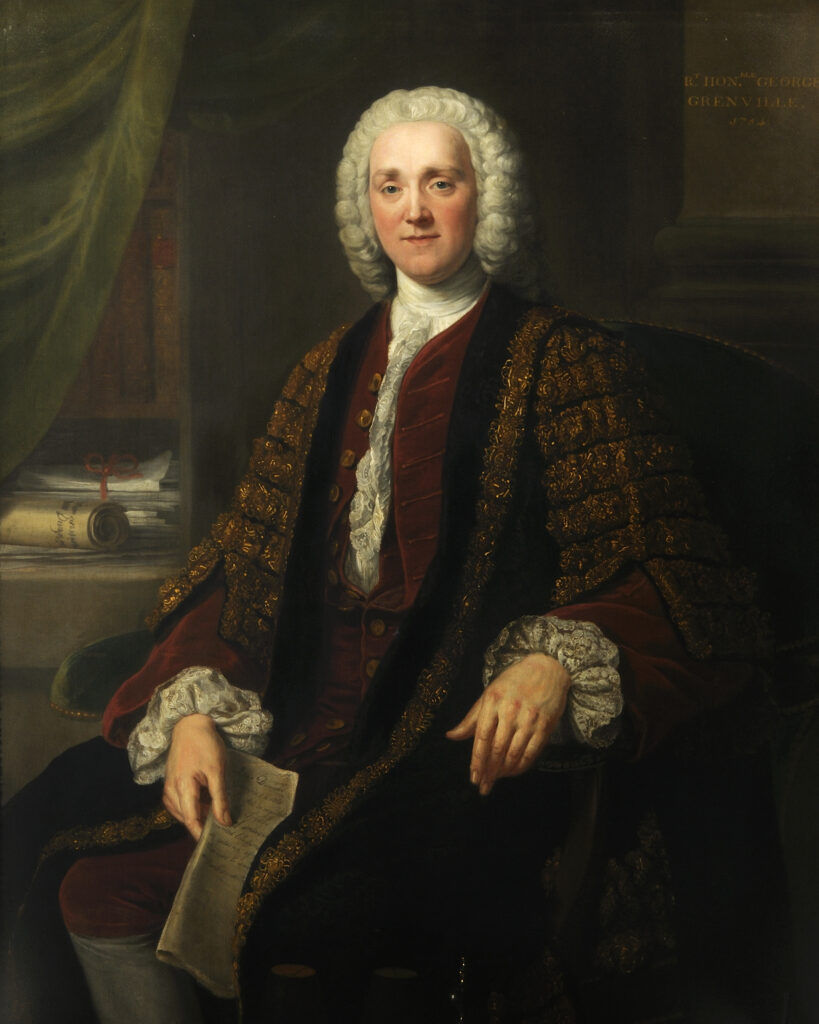
Proposed Duties and their Impact on Colonists
British Prime Minister George Grenville’s proposed duties had a significant impact on the colonial merchants. The new policy was aimed at raising revenue from the plantations, which had previously enjoyed a period of salutary neglect from Great Britain. However, it was met with resistance as many colonists saw these duties as a violation of their rights and protested against them.
Violation of Rights
The colonial merchants in the New England colonies believed that they should not be taxed without their consent. They argued that they were not represented in the British Parliament, and therefore, any attempt to impose taxes on them was unconstitutional. Grenville’s proposed duties were seen as an infringement on their rights as Englishmen due to the long-standing policy of salutary neglect by Great Britain.
Tensions Between Colonists and Officials
British customs officials, appointed by the Parliament of Great Britain, were tasked with enforcing the new duties as a result of the end of salutary neglect towards the colonies. This led to tensions between them and the colonists who saw them as agents of oppression working against their interests. The officials were often accused of being corrupt and abusing their power, fueling resentment towards England.
Town Meetings
Town meetings, which had been a common practice during the period of salutary neglect, were held to discuss the impact of the new policy proposed by Grenville and to organize resistance against it. These meetings provided a platform for the colonists to voice their concerns about the proposed duties that would be enforced by British customs officials. The colonists saw this as an infringement on their rights, as they believed that only their elected representatives in Parliament had the authority to impose taxes. As a result, the meetings also served as a way for the colonists to coordinate their efforts in opposing the new policy and to express their growing frustration with Great Britain.
Clashes with Soldiers and Naval Officers
The tensions between the colonists and British authorities were further escalated due to the British government‘s decision to send soldiers and naval officers to enforce Grenville’s proposed duties. This move was a significant departure from the previous policy of salutary neglect, which had allowed the colonies to govern themselves with minimal interference from Great Britain. The presence of soldiers and naval officers also led to clashes with customs officials, who were tasked with enforcing the new duties. Parliament’s role in this conflict cannot be ignored, as it was responsible for passing the legislation that imposed the new duties. In new territories like Nova Scotia, these clashes became common occurrences, further fueling resentment towards Great Britain.
Purpose of the Sugar Act: Taxation and Regulation
Revenue Raising
The main objective of the Sugar Act, passed by the British Parliament, was to raise funds for Britain’s war debt incurred during the French and Indian War. The British government believed that taxing sugar, a widely consumed commodity in America and the New England colonies, would be an effective way to generate revenue. The Sugar Act also enforced stricter regulations on colonial imports, which aimed to increase revenue collection for Britain while continuing their policy of salutary neglect. Customs officials were tasked with ensuring compliance with the new regulations.
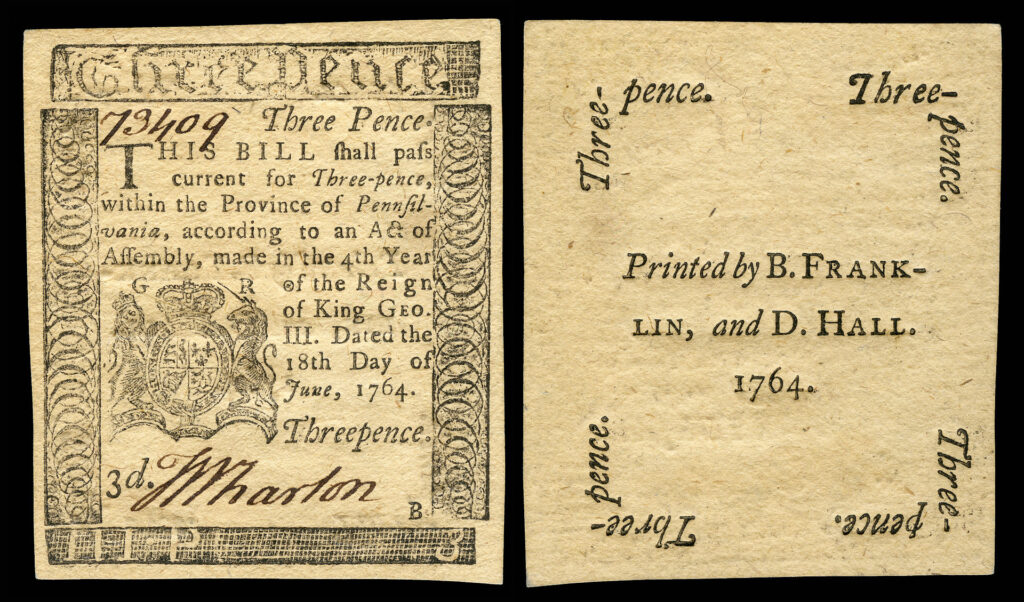
Regulation
The Sugar Act was a British policy that aimed to regulate trade between American colonies and foreign countries, particularly France and Spain. It sought to prevent smuggling by imposing strict enforcement measures such as search warrants, seizures, and trials without juries, which were carried out by customs officials. This policy was a departure from the previous salutary neglect approach, where Parliament had largely ignored colonial affairs. The measures were designed to deter illegal trading practices that cost Britain significant amounts of money in lost revenues.
Impact on Colonies
The Sugar Act had a significant impact on American colonists’ lives in the New England colonies, as they felt that they were being unfairly taxed by Great Britain without representation in Parliament. Many colonists believed that customs officials were imposing taxes on them without their consent, and that they should have a say in how taxes were imposed upon them since they did not have elected representatives in Parliament. This led to widespread protests against British taxation policies, including boycotts of British goods from the West Indies.
Sugar Act Enforcement: Taxation, Regulation, and Penalties
Enforcement of the Sugar Act of 1764 was a complex and controversial process that involved taxation, regulation, and penalties. British policy dictated that customs officials, authorized by Parliament, were to collect taxes on sugar and other goods imported into the colonies under the Revenue Act of 1764, which established new taxes on sugar, wine, and other products. The Currency Act of 1764, passed by Great Britain, also regulated the use of paper money in the colonies, making it more difficult for colonists in England to pay their taxes and expenses.
Customs enforcement was one of the key features of the Sugar Act, which was passed by the British Parliament to raise revenue from the New England colonies after the costly Seven Years’ War. Customs officials were tasked with collecting taxes on imported goods and ensuring compliance with regulations, as part of Great Britain’s efforts to assert control over its American colonies. This often involved inspecting cargo at ports, searching ships for contraband goods, and seizing illegal shipments. Customs officers also had broad powers to investigate suspected smugglers and enforce penalties against those who violated customs laws.
The new taxes imposed by the Sugar Act were a major source of controversy among colonists in the West. Many felt that they were being unfairly taxed by Great Britain without representation in Parliament or any say in how their tax dollars were being spent. Smuggling became a common practice among colonists who wanted to avoid paying these new taxes and regulations, leading to increased enforcement efforts by customs officers and government officials. The tension eventually escalated into war.
Effects of the Sugar Act on American Merchants
Increased Competition from British Merchants
American merchants faced a significant challenge due to the lowered tax rates on foreign goods imported directly from Britain. The Sugar Act led to increased competition from British merchants, who could now offer their goods at lower prices compared to American merchants. This put many American merchants out of business, as they struggled to compete with the more established and well-funded British merchants. Customs officials were also stricter in enforcing the new tax laws, causing delays and additional expenses for American merchants importing goods. The situation was further complicated by the ongoing war with Britain and the decisions made by Parliament in the West.
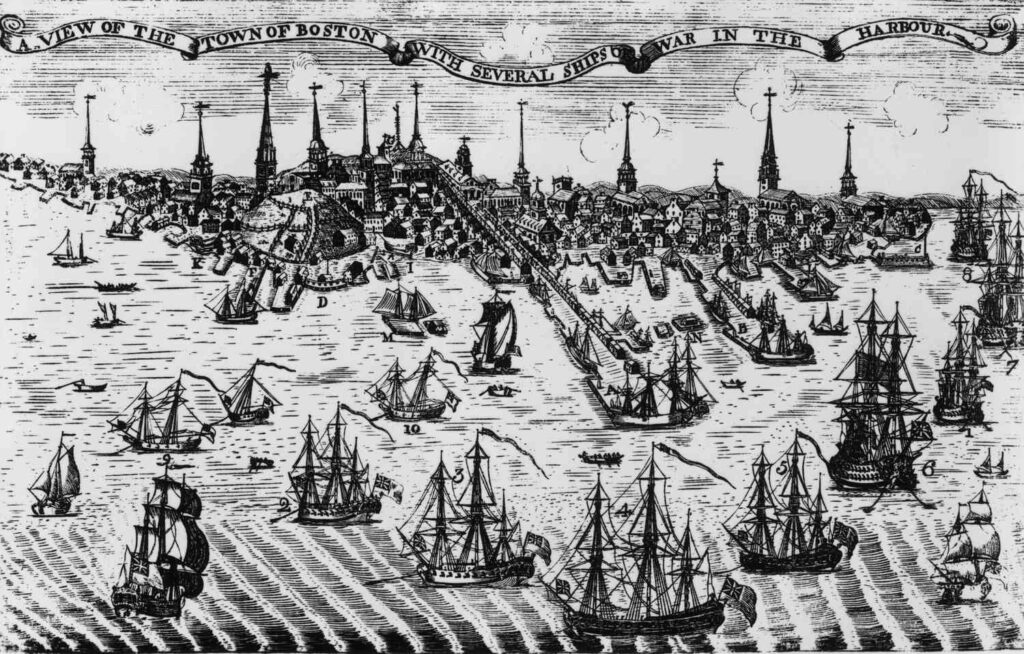
Stricter Enforcement of Trade Acts
The stricter enforcement of trade acts under the Sugar Act by Great Britain’s Parliament led to increased scrutiny and penalties for American merchants who engaged in smuggling or other illegal trade practices. Customs officials were determined to crack down on illegal trade, especially during times of war. This had a significant impact on American merchants who relied heavily on smuggled goods, as many were forced out of business while others faced heavy fines and imprisonment.
Economic Impact
The Sugar Act had a significant economic impact on American merchants due to higher taxes imposed by Great Britain. These taxes cut into their profits and made it harder for them to compete with British merchants. Additionally, British officials in Parliament retaliated against colonial protests over the act, leading to decreased demand for American exports. As a result, many American merchants saw their businesses decline significantly, especially during the war.
Boycotting British Goods
Some American merchants, particularly those in the west, responded to the Sugar Act by boycotting British goods and increasing their efforts to trade with other countries such as France and Spain. This was due to the dissatisfaction towards the actions of the British parliament, which they believed would lead to war with Great Britain. While this was not a widespread response among all American merchants, it did have some success in reducing reliance on British imports.
Colonial Reaction to the Sugar Act and the Mercantile System in America
Opposition from Colonial Merchants
The Sugar Act of 1764, passed by Parliament, was met with strong opposition from colonial merchants and officials who saw it as a threat to their profits and the colonial economy. The act imposed duties on sugar, wine, and other imported goods that were not produced in the colonies, which made it more expensive for merchants to import these goods, cutting into their profits. The act allowed for stricter enforcement of trade regulations by officials, which put further strain on colonial merchants. They viewed this as an attempt by Britain to control their economic activities and limit their ability to trade with other countries, especially during the war in the west.
Anger from American Colonists
American colonists were angered by the act’s provisions that allowed for stricter enforcement of the mercantile system, which they viewed as a form of colonialism and economic oppression by Britain. The mercantile system required that all trade between Britain and its colonies be conducted through British ports using British ships. This meant that American colonists could only buy and sell goods with Britain at prices set by British merchants. They had no say in how much they paid or received for their goods. The Great War in the west only intensified their anger towards the parliament’s policies.
Complications from Enslaved Africans
The sugar cane plantations in the southern colonies, particularly in the Great Britain’s American colonies, relied heavily on the labor of enslaved Africans brought over through the triangular trade, further complicating the issue of mercantilism and colonial exploitation. The enslaved Africans worked under brutal conditions without pay or rights while producing valuable commodities such as sugar cane for export back to Britain. This made it difficult for colonists to argue against mercantilism since they benefited directly from it through slave labor. Parliament passed the Stamp Act to raise revenue for war efforts, exacerbating tensions between the colonists and British authorities.
Protests from Colonial Legislatures
Colonial legislatures and courts in New England and other colonies passed resolutions and issued protests against the Sugar Act, with some even going as far as to boycott British goods in response. These actions demonstrated a growing sense of frustration and anger among American colonists towards Britain’s economic policies. They felt that they were being treated unfairly and exploited for the benefit of British merchants, despite having no representation in Parliament.
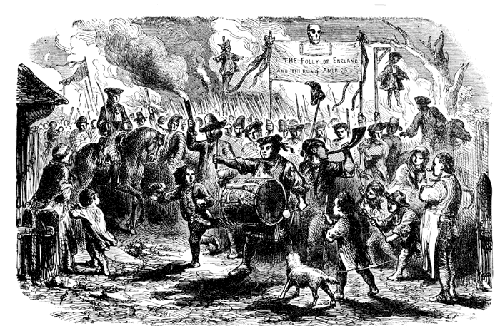
Tensions between America and Britain
The Sugar Act ultimately contributed to growing tensions between America and Britain, setting the stage for future conflicts leading up to the American Revolution. American colonists began to see themselves as a separate entity from Britain with their own interests and goals. They resented British attempts by parliament to control their economic activities and limit their ability to trade freely with other countries, which would eventually lead to open rebellion against British rule and war.
The Sugar Act as a Cause of the American Revolution
The Sugar Act of 1764, imposed by Great Britain, was a significant cause of the American Revolution and ultimately led to war. The act taxed imported sugar and other goods without representation in Parliament, which angered many colonists. Protests and riots, including the Stamp Act Crisis, fueled the flames of war.
Many prominent patriots, including Paul Revere, opposed the Sugar Act imposed by the Parliament of Great Britain. Revere, a silversmith and engraver, became famous for his “midnight ride” to warn fellow patriots that British troops were coming. He also helped to spread awareness about the negative impact of the Sugar Act through his engravings and political cartoons.
The Sugar Act was seen as a way for Great Britain and its Parliament to exert more control over the colonies and increase their revenue. This ultimately contributed to growing resentment and a desire for independence among colonists. The act also established new courts with judges appointed by the Crown, which many saw as a threat to colonial self-government.
In addition to angering colonists, the Sugar Act had economic consequences as well. It disrupted trade between colonies and Britain, leading to financial losses for both sides. Many merchants refused to pay the taxes imposed by the act, resulting in seizures of their ships and goods. The act was passed by the British parliament, further fueling resentment among colonists.
The Sugar and Molasses Act of 1733: Original Text and Significance
The Molasses Act of 1733: Original Text and Significance
Key Component of Rum Production
Molasses, a thick, dark syrup produced during the refining process of sugar cane, was a key component in the production of rum. At that time, rum was one of the most popular drinks in the American colonies. The British government, through its parliament, saw an opportunity to generate revenue by taxing molasses and other goods imported to the colonies from non-British territories.
Enforcing Trade Regulations
The Molasses Act of 1733 was passed by the British Parliament to regulate trade and tax molasses imported from non-British territories. The act imposed a tax on molasses at six pence per gallon when it was imported into any British colony under the authority of Great Britain. However, it also provided for stricter enforcement measures to prevent smuggling and tax evasion.
One of the First Attempts to Generate Revenue
The Molasses Act was significant because it marked one of the first attempts by the British parliament to enforce trade regulations in the colonies and generate revenue from them. It was part of a larger effort by Britain’s parliament to increase control over its colonial possessions and raise funds for its military campaigns.
Ignored by Colonists
Despite these efforts, colonists largely ignored the Molasses Act and continued to smuggle molasses from French and Spanish colonies. They did this because they could purchase molasses more cheaply from these sources than they could from British territories. As a result, tensions between Britain and its American colonies increased as parliament attempted to enforce its laws more strictly.
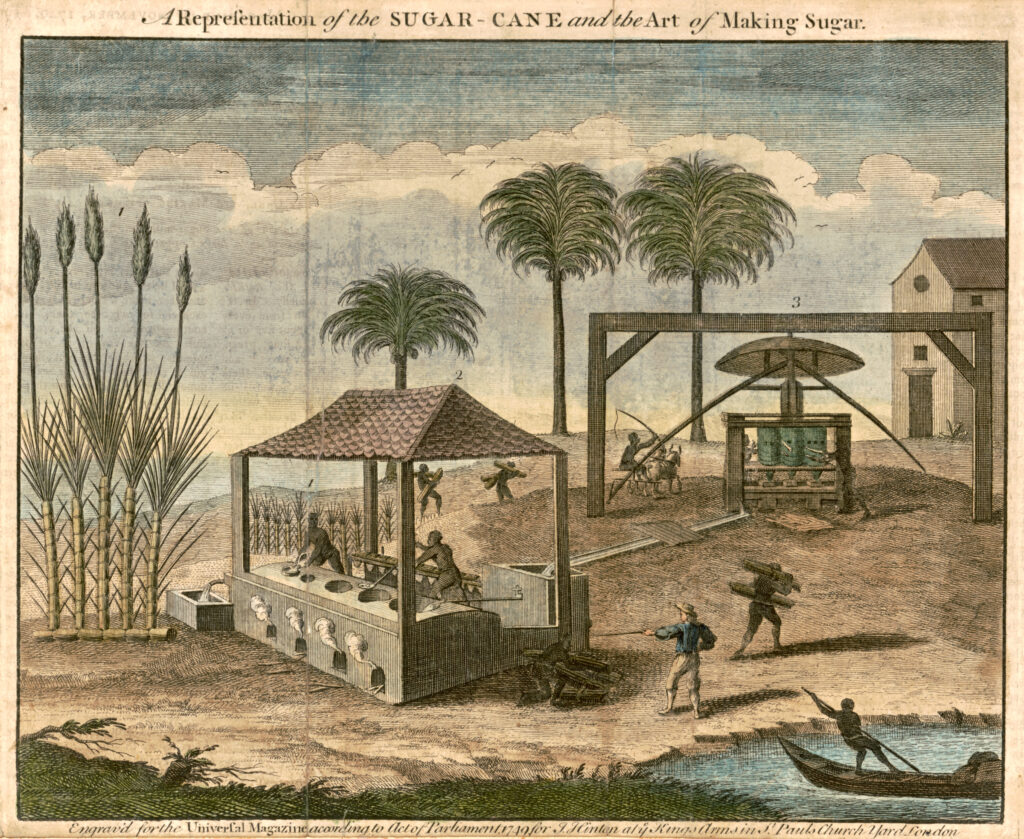
Understanding the Significance of the Sugar Act of 1764
The Sugar Act of 1764 was a pivotal moment in American history, marking a turning point in relations between Britain and its colonies. The act, which imposed new taxes on sugar and other goods imported into the colonies, was deeply unpopular among colonists who felt it was an unfair burden on their trade and commerce. The act was passed by the British Parliament.
Despite the opposition from the American colonies, the Sugar Act remained in effect for several years, with great Britain’s parliament and British officials vigorously enforcing its provisions. This had a significant impact on American merchants, who found themselves subject to increased regulation and penalties for violating the new laws.
The significance of the Sugar Act extends beyond its immediate impact on colonial trade. It also played a key role in shaping colonial attitudes towards British rule and ultimately contributed to the outbreak of the American Revolution, which was caused by the actions of Great Britain’s Parliament.
By imposing new taxes and regulations on colonial commerce, Britain’s parliament was seen as overstepping its bounds and interfering with American economic autonomy. This led to widespread resentment among colonists and fueled calls for greater independence from British rule.
Furthermore, the enforcement of the Sugar Act highlighted tensions between Britain’s mercantile system and America’s desire for greater economic freedom. The act represented an attempt by Britain’s parliament to assert greater control over colonial trade and maintain its dominance over American commerce.
Frequently Asked Questions about the Sugar Act of 1764
What was the Sugar Act of 1764?
The Sugar Act of 1764, also known as the Revenue Act, was a law passed by the British Parliament to impose taxes on sugar and molasses imported into the American colonies. It aimed to increase British revenue and crack down on colonial smuggling.
Why did the British Parliament pass the Sugar Act?
The British Parliament passed the Sugar Act to generate revenue for the British treasury and to enforce trade regulations in the American colonies. It was part of a broader effort to assert greater control over colonial commerce and suppress smuggling activities.
How did the colonists react to the Sugar Act?
The colonists reacted with strong opposition to the Sugar Act. They saw it as a violation of their rights and an example of “taxation without representation.” The act sparked protests, boycotts, and renewed calls for colonial unity and resistance against British taxation policies.
How did the Sugar Act impact colonial trade?
The Sugar Act had a significant impact on colonial trade. It increased taxes on imported goods, particularly sugar and molasses, which affected merchants, distillers, and other industries. The act also heightened tensions between colonial traders and British customs officials, leading to increased conflict and smuggling activities.
Which specific items were affected by the Sugar Act?
The Sugar Act affected various imported goods, including sugar, molasses, wines, textiles, and indigo. These items were subject to higher taxes and increased regulation by British customs officials in the American colonies.
Did the Sugar Act impact all the American colonies equally?
The Sugar Act impacted all the American colonies, but its effects varied. Colonies heavily involved in the sugar and molasses trade, such as those in the Caribbean and New England, felt the impact most significantly. However, the act had broader implications for colonial trade and sparked collective opposition.
Did the colonists protest against the Sugar Act through boycotts?
Yes, the colonists used boycotts as a form of protest against the Sugar Act. They boycotted British goods, particularly sugar and other taxed items, to exert economic pressure and demonstrate their opposition to the act. These boycotts were part of broader non-importation movements in the colonies.
What role did colonial assemblies play in responding to the Sugar Act?
Colonial assemblies played a significant role in responding to the Sugar Act. They passed resolutions and petitions asserting colonial rights, challenged the legality of the act, and sometimes refused to comply with its provisions. These actions demonstrated colonial unity and resistance to British taxation policies.
Was the Sugar Act repealed?
The Sugar Act was not repealed in its entirety, but it was modified and replaced by subsequent legislation. The Revenue Act of 1766, also known as the Declaratory Act, repealed some provisions of the Sugar Act while affirming British parliamentary authority over the colonies, further fueling colonial discontent.
How did the Sugar Act contribute to smuggling in the American colonies?
The Sugar Act, with its increased taxes and strict enforcement measures, incentivized colonial smuggling. Many colonists resorted to illegal means to avoid paying the higher taxes on imported goods, leading to an increase in smuggling activities and the growth of secret networks to evade British customs officials.
Did the Sugar Act affect the relationship between the American colonies and Britain?
Yes, the Sugar Act strained the relationship between the American colonies and Britain. It deepened colonial resentment towards British taxation policies and heightened the sense of colonial self-government. The act contributed to growing colonial unity and played a significant role in the road to the American Revolution.
Did the Sugar Act generate the desired revenue for the British government?
The Sugar Act did not generate the desired revenue for the British government as expected. The increased taxes and stricter enforcement measures led to widespread smuggling and resistance, reducing the effectiveness of the act in generating substantial revenue for the British treasury.
Did the Sugar Act affect other industries besides the sugar trade?
Yes, the Sugar Act had indirect effects on other industries besides the sugar trade. The higher taxes and increased regulations affected various sectors, including rum production, distilling, and other industries that relied on imported goods subject to the act’s provisions, leading to economic disruptions and challenges for colonial merchants and manufacturers.
What role did colonial newspapers play in the opposition to the Sugar Act?
Colonial newspapers played a crucial role in shaping public opinion and mobilizing opposition to the Sugar Act. They published articles, editorials, and letters highlighting the negative impacts of the act, informing the public about protests and boycotts, and disseminating anti-British sentiments, contributing to the spread of resistance throughout the colonies.

